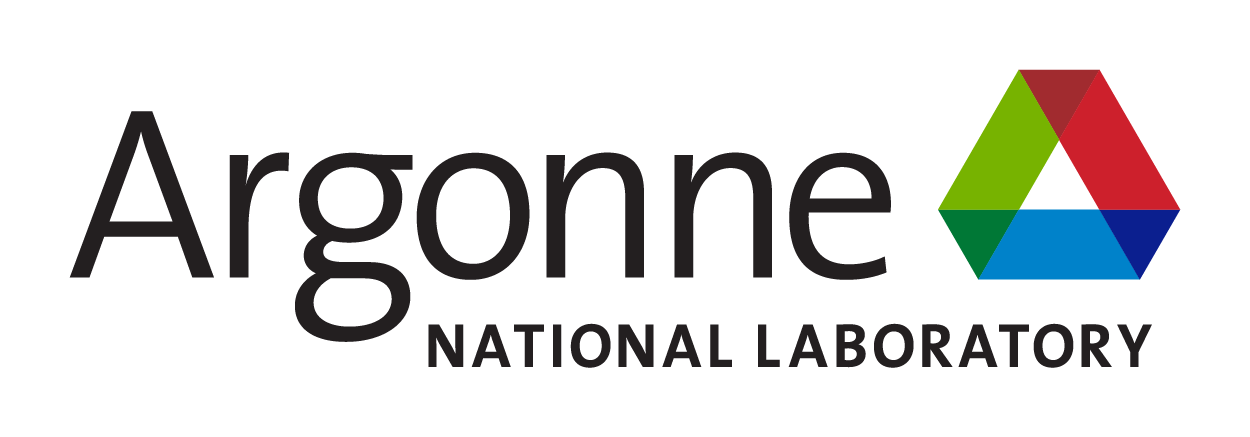Abstract:
Data-driven modeling and machine learning have opened new paradigms and opportunities in the understanding, design, and simulation of soft and biological materials. In the first part of this talk, I will describe our applications of nonlinear manifold learning and evolutionary algorithms to recover and sculpt assembly landscapes for self-assembling patchy colloids. Colloidal particles with tunable anisotropic interactions may be functionalized to spontaneously assemble photonic crystals with omnidirectional band gaps in the visible regime. We have developed an inverse design protocol termed "landscape engineering" to perform automated inverse design of self-assembling diamond and pyrochlore photonic crystals possessing complete, omnidirectional photonic bandgaps. In the second part of this talk, I will describe our development of a deep learning approach to estimate slow collective variables from molecular simulation trajectories and the use of these coordinates to train highly-efficient latent space molecular simulators. The high cost of all-atom calculations restricts molecular simulations to sub-millisecond timescales. By learning the slowest dynamical modes governing the long-time dynamics from short molecular dynamics simulations, we have trained autonomous dynamical propagators within low-dimensional latent spaces together with generative models of the all-atom configurations to synthesize thermodynamically and dynamically correct simulation trajectories at ~106 lower cost than conventional molecular dynamics calculations.
BIO: Andrew Ferguson is an Associate Professor at the Pritzker School of Molecular Engineering at the University of Chicago. He received an M.Eng. in Chemical Engineering from Imperial College London in 2005, and a Ph.D. in Chemical and Biological Engineering from Princeton University in 2010. From 2010 to 2012 he was a Postdoctoral Fellow of the Ragon Institute of MGH, MIT, and Harvard in the Department of Chemical Engineering at MIT. He commenced his independent career in the department of Materials Science and Engineering at the University of Illinois at Urbana-Champaign in August 2012, and was promoted to Associate Professor of Materials Science and Engineering and Chemical and Biomolecular Engineering in January 2018. He joined the Institute for Molecular Engineering in July 2018. His research uses theory, simulation, and machine learning to understand and design self-assembling materials, macromolecular folding, and antiviral therapies. He is the recipient of the Institution of Chemical Engineers 2018/19 Junior Moulton Medal, a 2017 UIUC College of Engineering Dean's Award for Excellence in Research, 2016 AIChE CoMSEF Young Investigator Award for Modeling & Simulation, 2015 ACS OpenEye Outstanding Junior Faculty Award, 2014 NSF CAREER Award, 2014 ACS PRF Doctoral New Investigator, and was named the Institution of Chemical Engineers North America 2013 Young Chemical Engineer of the Year.
